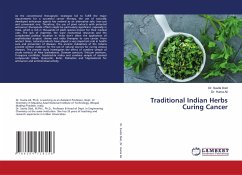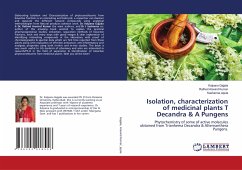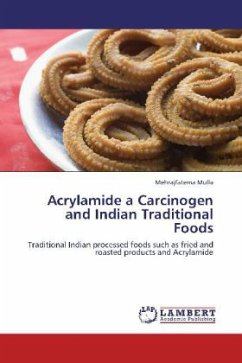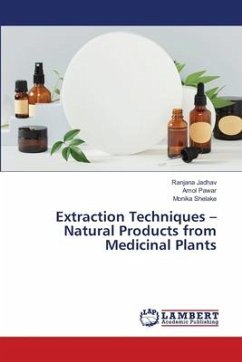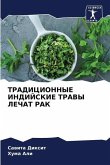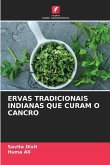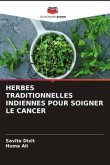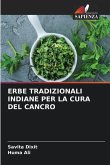As the conventional therapeutic strategies fail to fulfill the major requirements for a successful cancer therapy, the use of naturally developed anticancer agents has evolved as an alternative safe, low-cost and convenient one. Therefore, the use of plant extracts with potential anticancer therapeutic effects might be particularly significant, especially in India, which is rich in thousands of plant species known for their medical uses. The lack of expertise, the scare economical resources and the complicated political situation in India don't allow the application of sophisticated surgical, chemo and radio therapies to cure cancer. From ancient times, natural products have played a very important role in health care and prevention of diseases. The ancient civilizations of the Indians provide written evidence for the use of natural sources for curing various diseases. The present study investigates the effect of combine sample of crude extracts of Aloe barbadensis, Ocimum sanctum, Triticum aestivum, Tinospora cordifolia, Azadirachta indica and combine sample of isolated compounds (Aloin, Quercetin, Rutin, Palmatine and Stigmasterol) for anticancer and antimicrobial activity.
Bitte wählen Sie Ihr Anliegen aus.
Rechnungen
Retourenschein anfordern
Bestellstatus
Storno

